Project Peanut Butter Factories: Saving Young Lives in Africa
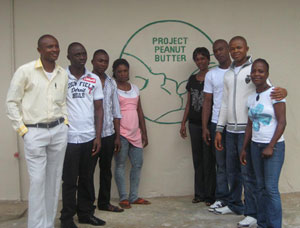 In 2007, we honored the work of Dr. Mark Manary, a pediatrician from St. Louis, Missouri, USA, who had found a viable solution to the hunger epidemic in Africa: a nutrient-dense peanut butter paste. Dr. Manary’s peanut butter, combined with an at-home treatment plan, increased the percentage of children who recovered from Severe Acute Malnutrition (SAM) from 40% to 95%.
In 2007, we honored the work of Dr. Mark Manary, a pediatrician from St. Louis, Missouri, USA, who had found a viable solution to the hunger epidemic in Africa: a nutrient-dense peanut butter paste. Dr. Manary’s peanut butter, combined with an at-home treatment plan, increased the percentage of children who recovered from Severe Acute Malnutrition (SAM) from 40% to 95%.
Since we honored him, Dr. Manary’s work has grown exponentially. His program, Project Peanut Butter, has saved the lives of over 800,000 children. You can read more about Project Peanut Butter’s successes here.
One of the goals of the program is not only to save children from dying of starvation, but to create lasting, sustainable change. They do this, in part, by establishing factories, staffed by locals, that produce the nutrient-rich paste. Locals have even created different words for the life-saving product, such as “Dutasi” in Sierra Leone and “Chiponde” in Malawi.
World of Children funding contributed to some of the machinery in Project Peanut Butter’s Sierra Leone production facility in Freetown, helping that region treat roughly 75,000 children with SAM since production started in 2009. The facility in Sierra Leone received accreditation by UNICEF, Doctor’s Without Borders, and the World Food Programme in 2011. It has the capacity to produce enough Read to Use Therapeutic Foods (RUTF) to meet national needs for the product.
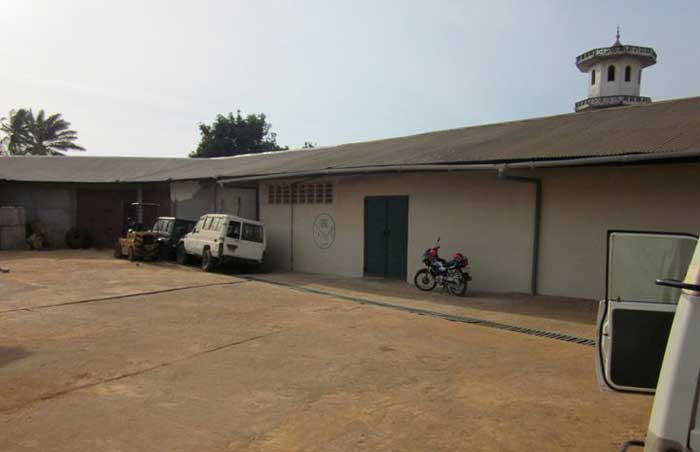
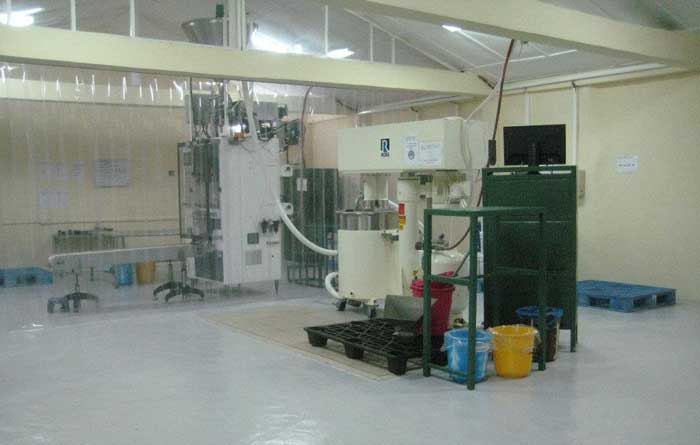
Project Peanut Butter also has a facility in Malawi, and in early 2013, the program began constructing a brand new factory, located about 30 minutes away from the current site. Project Peanut Butter plans to move machinery and personnel to the new factory in the Spring 2014.
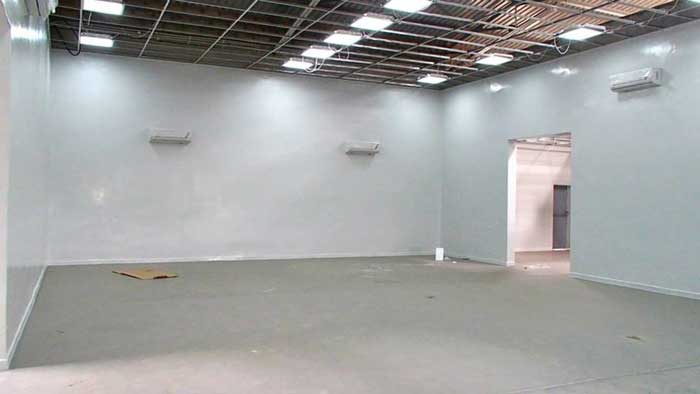
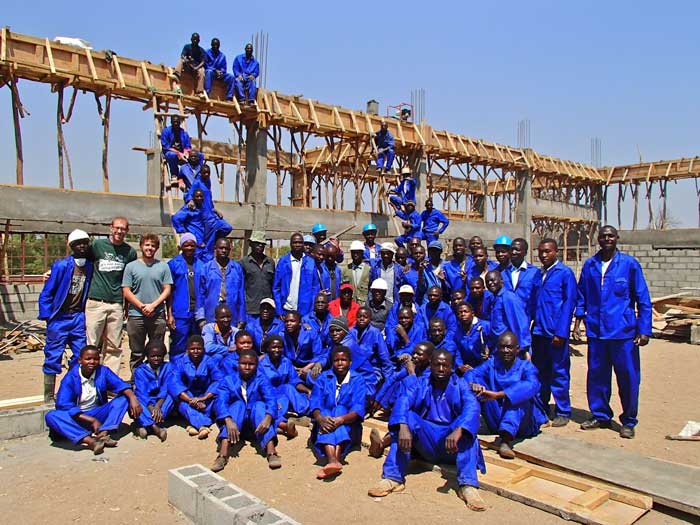
“It may seem like building an entirely new factory from scratch is a huge hassle and expense,” said Margaret Loehnig, Project Peanut Butter’s Project Development Officer, “but the effort will ultimately make Project Peanut Butter Malawi more sustainable.”
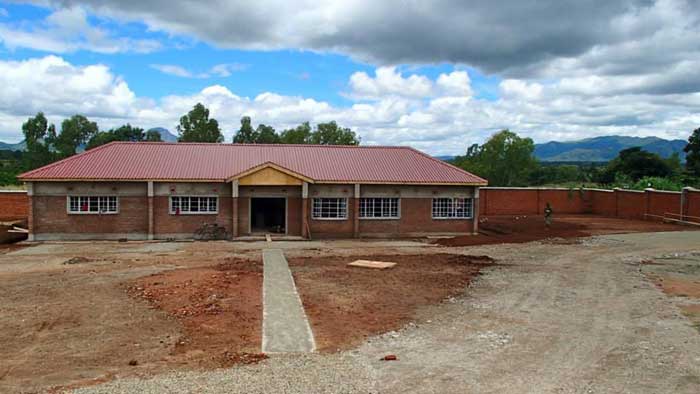
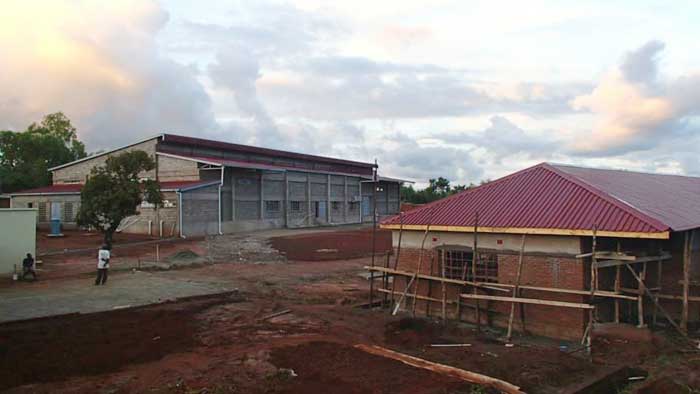
So far, the factory project has provided jobs for dozens of Malawian construction workers. It allows Project Peanut Butter to design the exterior and interior of the factory according to their specific production needs and to make changes to the premises whenever and however they like. In addition, Project Peanut Butter now owns the land on which the factory is built and no longer has to worry about the threat of mandatory relocation.
Most importantly, this new facility will ensure that the life-saving work started by Dr. Manary will continue to move forward. His goal? To save the lives of over 2 million children by 2015. We have no doubt Dr. Manary can do it.
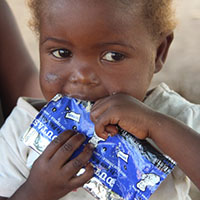 Want to learn more about Project Peanut Butter and their life-saving work? Read our case study on Dr. Manary. You can also help us fund other heroes like Dr. Manary by joining with us in our efforts to save young lives. Join the 12×12 program today!
Want to learn more about Project Peanut Butter and their life-saving work? Read our case study on Dr. Manary. You can also help us fund other heroes like Dr. Manary by joining with us in our efforts to save young lives. Join the 12×12 program today!